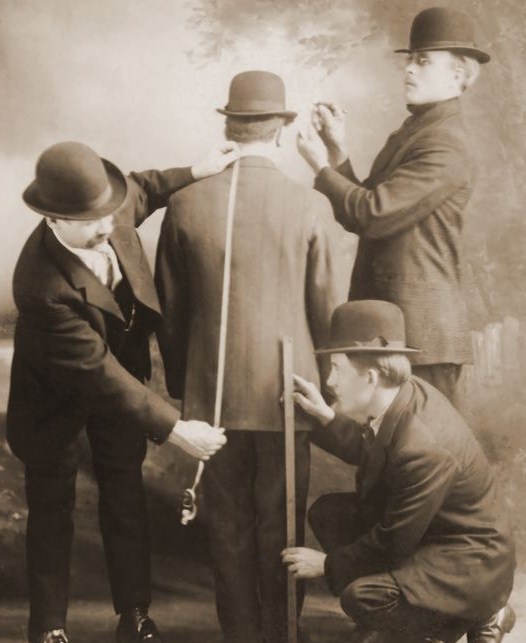We will be measured, and often we won’t measure up.
Connected technologies will not just assess us in the aftermath, but during processes, even before they begin. Data, we’re told, can predict who’ll falter or fail or even become a felon. Like standardized testing, algorithms may aim for meritocracy, but there’s likely to be unwitting biases.
And then, of course, is the intrusiveness. Those of us who didn’t grow up in such a scenario won’t ever get used to it, and those who do won’t know any other way.
Such processes are being experimented with in the classroom. They’re meant to improve the experience of the student, but they’re fraught with all sorts of issues.
From Helen Warrell at the Financial Times:
A week after students begin their distance learning courses at the UK’s Open University this October, a computer program will have predicted their final grade. An algorithm monitoring how much the new recruits have read of their online textbooks, and how keenly they have engaged with web learning forums, will cross-reference this information against data on each person’s socio-economic background. It will identify those likely to founder and pinpoint when they will start struggling. Throughout the course, the university will know how hard students are working by continuing to scrutinise their online reading habits and test scores.
Behind the innovation is Peter Scott, a cognitive scientist whose “knowledge media institute” on the OU’s Milton Keynes campus is reminiscent of Q’s gadget laboratory in the James Bond films. His workspace is surrounded by robotic figurines and prototypes for new learning aids. But his real enthusiasm is for the use of data to improve a student’s experience. Scott, 53, who wears a vivid purple shirt with his suit, says retailers already analyse customer information in order to tempt buyers with future deals, and argues this is no different. “At a university, we can do some of those same things — not so much to sell our students something but to help them head in the right direction.”
Made possible by the increasing digitisation of education on to tablets and smartphones, such intensive surveillance is on the rise.•


